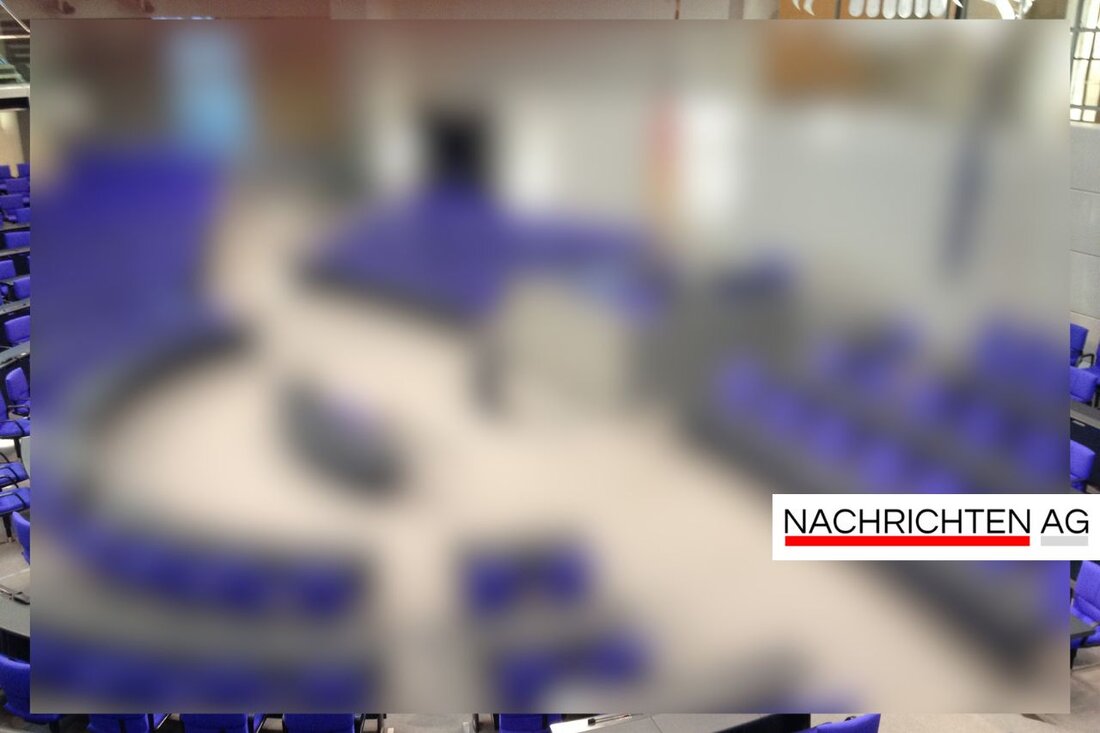Dissolution of the Abuse Commission: Protest and resentment in East Germany!
The dissolution of the IKA commission for dealing with abuse in Dresden-Meißen has sparked widespread criticism and raises questions.

Dissolution of the Abuse Commission: Protest and resentment in East Germany!
In a sensational move, the bishops of the three East German dioceses - Berlin, Görlitz and Dresden-Meißen - have dissolved the Interdiocesan Commission for the Comprehension of Sexual Abuse (IKA). This happened at the end of May 2023, shortly before a significant workup study was to be awarded. The decision not only surprised those affected, but also triggered a wave of criticism. How Church-and-life Reportedly, member resignations and “ongoing communication problems” were the main reasons for the dissolution. According to Bishop Wolfgang Ipolt (Görlitz), Archbishop Heiner Koch (Berlin) and Heinrich Timmerevers (Dresden-Meißen), the term of office of the remaining members ends on May 31st.
The federal government's independent commissioner for child sexual abuse issues, Kerstin Claus, criticized the dissolution as a "clear breach of the agreement" and described it as a "fatal signal". She is concerned that those affected will be deprived of the opportunity to seek independent information. Although the bishops emphasized that they are still ready to come to terms with the matter, skepticism remains high. The representatives of those affected had already expressed concerns in advance that the Commission was not meeting the requirements for a transparent and participatory investigation.
The background of the commission
The IKA, which was founded on May 10, 2023, consisted of nine members, including representatives from state governments and dioceses. Its task was to determine the extent of sexual violence in the Catholic Church and to promote preventive measures. The dissolution of the commission raises questions about the legal basis and the future of the processing. The Eckiger Tisch sufferers' initiative also expressed regret and continues to call for an independent review commission. Here are some of the critical points raised during the debate:
- Rücktritte von Kommissionsmitgliedern und dysfunktionale Arbeitsweise, wie im Jahresbericht festgestellt.
- Probleme in der Kommunikation zwischen den Mitgliedern.
- Ein Mangel an Lösungen und Alternativen für die Betroffenen.
- Unklare Aussichten auf zukünftige Kommissionen auf Bistumsebene.
What are the next steps? The diocese of Dresden-Meißen is considering setting up a new study and commission at the diocese level to continue the analysis. This could be an important step in showing those affected that their voices are being heard.
The resistance is growing
The Catholic reform movement Maria 2.0 is urgently calling for a comprehensive commissioning of the abuse study. The abuse scandal of 2010 motivated many of those affected to raise their voices, and coming to terms with it has now become a central issue in the church. Reports from those affected and contemporary witnesses show that sexual violence often took place in various institutions such as communities, homes or schools. The power structures within the church and an insufficient discussion of sexuality in seminaries encouraged these acts.
By July 2023, the Independent Commission for the Comprehension of Child Sexual Abuse had already heard from 221 victims and contemporary witnesses, and its recommendations for a transparent investigation were published. In view of these important findings and the pressure from the public, the bishops are well advised to ensure that the review does not remain just an empty shell. The in Processing Commission The results collected clearly document how important it is to deal openly and honestly with the past and that those affected deserve a place in this process.

 Suche
Suche
 Mein Konto
Mein Konto